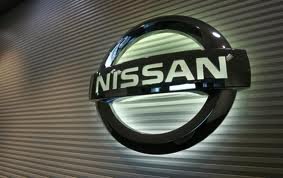Nissan's Timetable for Hydrogen Car Runs to 2020

In fact, Nissan is unlikely to start selling a fuel-cell vehicle before the end of the decade, Automotive News says, citing comments Ghosn made at the recent Tokyo Auto Show. And the Nissan Leaf is a big reason for that.
Ghosn said Nissan's fuel-cell strategy differs from those of Toyota or Honda because neither of those companies have much of a presence in the pure electric vehicle sector. Toyota is just releasing its first Mirai fuel-cell cars to US customers, while Honda unveiled details of its Clarity fuel-cell vehicle late last month. That model will officially go on sale in the US next spring.
In early 2013, Nissan said it would collaborate with Ford and Mercedes-Benz parent Daimler AG to speed up hydrogen fuel cell powertrain technology development. Still, the date set for that team to develop something had been set at 2017, so it appears things are being pushed back.
Ghosn continues to argue that challenges in infrastructure deployment for hydrogen refueling will prevent fuel-cell vehicles from reaching any substantial sales within the next few years, so his alt-fuel focus continues to be electric. So far this year, Nissan Leaf sales in the US are down 39 percent compared to 2014 to almost 15,000 units. It's likely that many prospective buyers are waiting for the next-generation version to arrive, but Nissan hasn't said much of anything about that.
Nouvelles connexes


